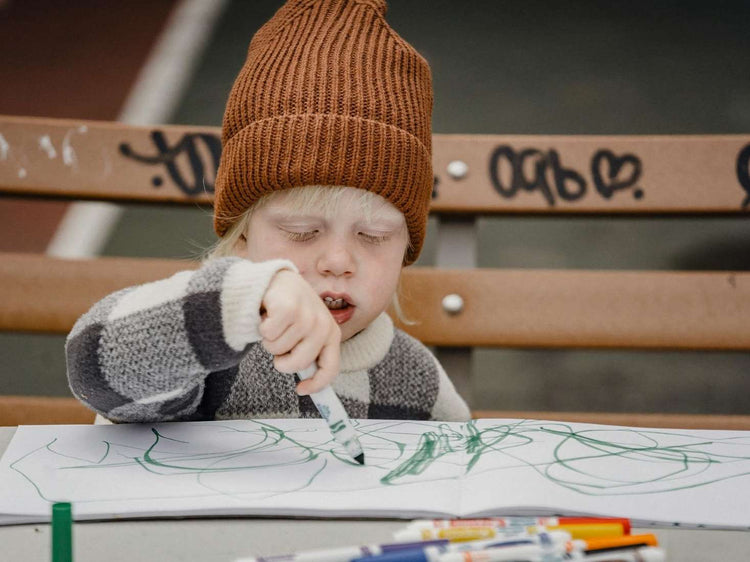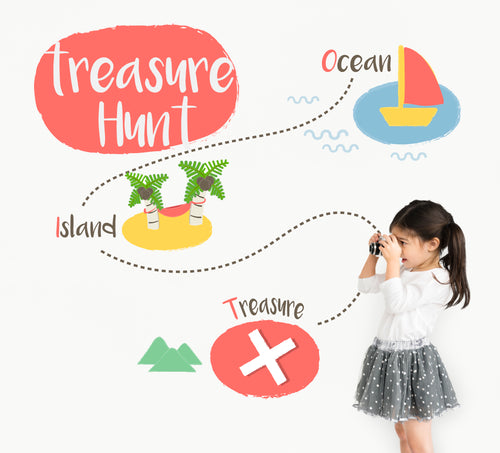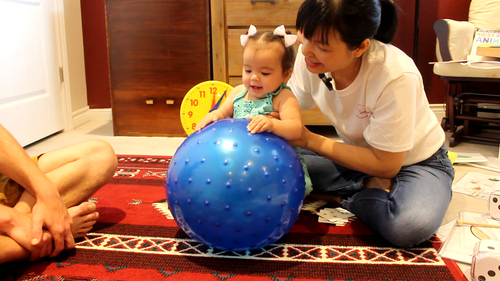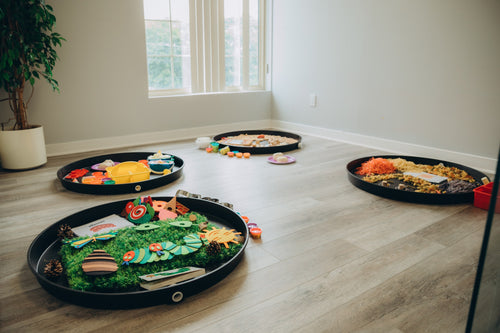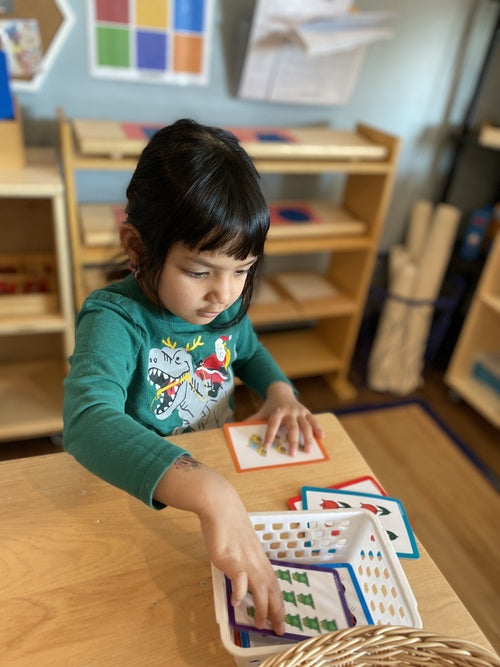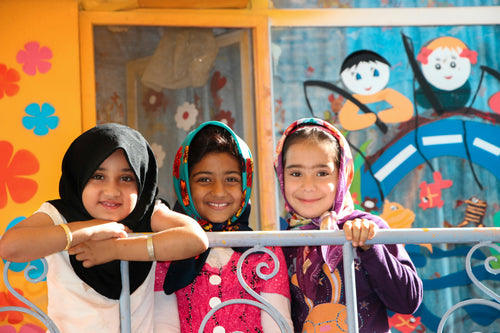Self-regulation is a vital skill for preschoolers, setting the foundation for lifelong success. The ability to manage emotions, control impulses, and adapt to different situations equips children with the resilience and focus needed in school and social environments. At Smartizen, we recognize the importance of fostering self-regulation for preschoolers, which is why our programs are designed to help children build these essential skills through innovative teaching methods and hands-on learning experiences.
In this article, we’ll explore what self-regulation is, why it’s so important for young children, and how Smartizen’s approach nurtures self-regulation in preschoolers. We’ll also provide practical tips for parents looking to support their child’s emotional and behavioral growth.
What is Self-Regulation for Preschoolers?
Self-regulation refers to the ability to manage one’s emotions, behaviors, and thoughts in a way that is socially appropriate and conducive to achieving long-term goals. For preschoolers, this means learning how to:
- Control their impulses (e.g., waiting their turn to speak).
- Stay focused on tasks.
- Manage frustration and other strong emotions.
- Adapt to new environments or situations.
Unlike older children or adults, preschoolers are still in the process of developing these skills. Their brains are highly malleable, making early childhood an ideal time to focus on self-regulation strategies. The development of self-regulation helps preschoolers thrive in various environments, from the classroom to playdates, and prepares them for the structured world of formal schooling.

The Importance of Self-Regulation in Early Childhood
Self-regulation for preschoolers is crucial for several reasons:
Academic Success: Children with better self-regulation skills tend to perform better in school. Being able to focus on tasks, follow instructions, and manage distractions allows preschoolers to maximize their learning potential.
Social Development: Preschoolers with strong self-regulation skills are more likely to form healthy relationships. They can manage conflicts, share with others, and communicate their needs effectively, which helps in forming positive social connections.
Emotional Well-being: Developing self-regulation helps children manage stress, anxiety, and frustration. This emotional resilience not only supports their mental health but also helps them navigate challenges they may face in school and social settings.
Future Success: Research shows that self-regulation in early childhood is a strong predictor of future success, both academically and personally. Children who master self-regulation early are more likely to achieve better outcomes in their careers and relationships.
Learn more about Child's development milestones: preschooler's guide
How Smartizen Supports Self-Regulation for Preschoolers
At Smartizen, we integrate self-regulation development into our curriculum by utilizing a combination of the Glen Doman method and Montessori-inspired activities. Here’s how we help preschoolers develop these essential skills:
1. Structured and Free Play Balance
Both structured activities and free play are essential in developing self-regulation for preschoolers. Through structured tasks, children learn to follow rules, wait their turn, and complete a task within given constraints. Free play allows children to explore their interests, make decisions, and practice self-guided learning.
At Smartizen, we create an environment where children experience a balanced mix of both. For example, in our group activities, children practice taking turns and listening to instructions, while in independent learning stations, they engage in creative play that encourages autonomy and decision-making.
2. Mindfulness Practices
Mindfulness is a powerful tool in helping children regulate their emotions and reactions. Teaching preschoolers simple mindfulness techniques, such as deep breathing or focusing on sensory experiences, can calm their minds and bodies during moments of frustration or overstimulation.
Smartizen incorporates mindfulness into daily routines through age-appropriate exercises that help children tune into their emotions. This allows them to recognize feelings like anger or excitement and manage their responses in a healthy way.
3. Emotion Recognition and Expression
For preschoolers, understanding emotions is a critical aspect of self-regulation. Children who can identify their feelings are better equipped to manage them. At Smartizen, we encourage children to name their emotions and talk about how they feel in different situations.
Teachers use role-playing activities and storytelling to help children explore various emotions and appropriate responses. By normalizing conversations about feelings, children become more comfortable with self-expression and less likely to act out when they feel overwhelmed.
4. Problem-Solving Skills
Part of self-regulation for preschoolers involves learning how to solve problems in a calm and thoughtful manner. Whether it's sharing toys, taking turns, or completing a puzzle, problem-solving teaches children to approach challenges with patience and persistence.
Smartizen’s curriculum emphasizes critical thinking and collaboration. We guide preschoolers through problem-solving processes, helping them come up with solutions on their own rather than immediately providing answers. This fosters independence and the ability to think before reacting.
5. Physical Activity and Movement
Physical movement plays an important role in developing self-regulation. Engaging in activities like running, jumping, and dancing helps children release energy, improve focus, and regulate their emotions.
At Smartizen, we incorporate physical activity into our daily schedule through outdoor play, group games, and even flashcard learning, which requires quick movements and decision-making. This physical engagement not only keeps children active but also helps them develop motor control and emotional balance.

Practical Tips for Parents to Support Self-Regulation for Preschoolers
Parents play a key role in helping their preschoolers master self-regulation. Here are some practical tips for fostering this skill at home:
Create a Routine: Consistent routines provide structure, helping children anticipate what comes next and adjust their behaviors accordingly. Bedtimes, mealtimes, and playtimes should be consistent to help preschoolers feel secure and in control of their day.
Model Self-Regulation: Children learn by observing adults. Show them how to handle frustration or disappointment by managing your own emotions calmly and thoughtfully. Talk about your feelings and explain how you deal with them, so your child learns by example.
Encourage Decision-Making: Giving preschoolers opportunities to make small decisions helps them develop self-regulation. Whether it’s choosing their clothes for the day or deciding which game to play, allowing children to make choices fosters independence and self-control.
Use Positive Reinforcement: Praise your child when they exhibit good self-regulation. Positive reinforcement strengthens behaviors and encourages children to continue practicing self-control.
Teach Patience: Practice waiting with your child in fun, engaging ways. For example, you can play games that require turn-taking or set a timer for a fun activity to help them practice delayed gratification.
Sign-up for a free trial class for preschooler here.
Mastering self-regulation for preschoolers is a critical step toward ensuring their academic, emotional, and social success. At Smartizen, we focus on creating a nurturing and structured environment where children can build these essential skills through thoughtful, hands-on learning experiences. By providing a balanced approach that incorporates play, mindfulness, emotional recognition, and problem-solving, we help preschoolers grow into well-rounded, emotionally intelligent individuals.
Parents can support this process at home by creating routines, modeling self-regulation, and encouraging decision-making. With the right guidance and support, every preschooler has the potential to master self-regulation and thrive in their developmental journey.
At Smartizen, we’re committed to helping children achieve their full potential, and self-regulation is a cornerstone of that growth. By teaching children how to manage their emotions, behavior, and thoughts, we empower them to become confident, capable, and resilient individuals, ready to take on the world.

